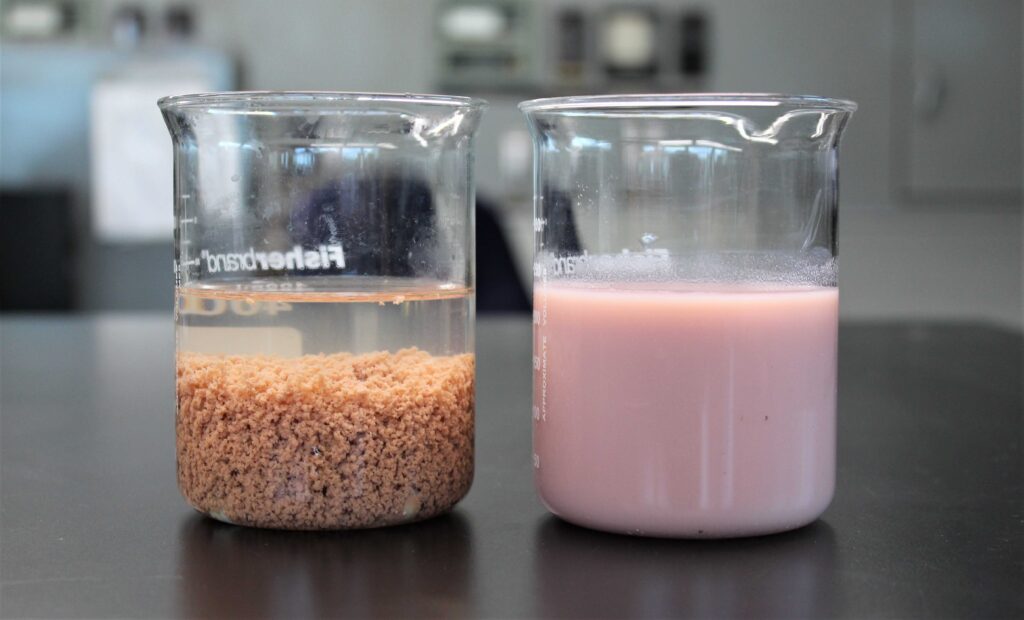Treatment of wastewater is a crucial element of environmental protection and public health. It is the process of removing contaminants from wastewater in order to make it safe for disposal or reuse. In the past, land application was the most prevalent method for wastewater disposal, but it is now being replaced by more sustainable methods.
Land application is a technique for eliminating wastewater by distributing it on land. This method was popular due to its simplicity, low cost, and reputation as a means of fertilizing the soil. Yet, it has a number of drawbacks that make it less sustainable than alternative approaches. Land application can contaminate the soil and groundwater with hazardous chemicals and pathogens, which is one of its major drawbacks. This can have severe effects on both human health and the environment.

Protecting the Environment and Public Health
In comparison, wastewater treatment is a far more sustainable way of wastewater disposal. The purpose of wastewater treatment plants is to remove toxins from wastewater, making it acceptable for discharge or reuse. This method protects the environment and public health by decreasing the possibility of soil and groundwater contamination.
Wastewater Treatment Conserves Water
Moreover, wastewater treatment conserves water resources. In some instances, the treated water can be utilized for irrigation, industrial activities, and even as a source of potable water. This reduces the demand for fresh water, a precious resource that is becoming increasingly rare in many regions of the world.
Reduce Greenhouse Emissions
Another advantage of this method is that it reduces greenhouse gas emissions. Methane, a strong greenhouse gas, is produced when wastewater is applied to land. This leads to climate change and global warming. In contrast, treatment plants utilize anaerobic digestion to treat wastewater, hence reducing methane emissions into the atmosphere.
Generally, wastewater treatment is a more environmentally friendly technique of wastewater disposal than land application. It contributes to environmental and public health protection, water conservation, and the reduction of greenhouse gas emissions.
Contact us for Wastewater Solutions
If you are looking for a more sustainable way to dispose of your non-hazardous wastewater, contact Environmental Remedies today! We operate the largest commercial non-hazardous wastewater treatment facility in the southeast and we process over 40 million gallons of wastewater each year, with our mission to recycle more than 97% of the wastewater we receive. Give us a call at 404-627-5931 or email us at info@envremedies.com.
